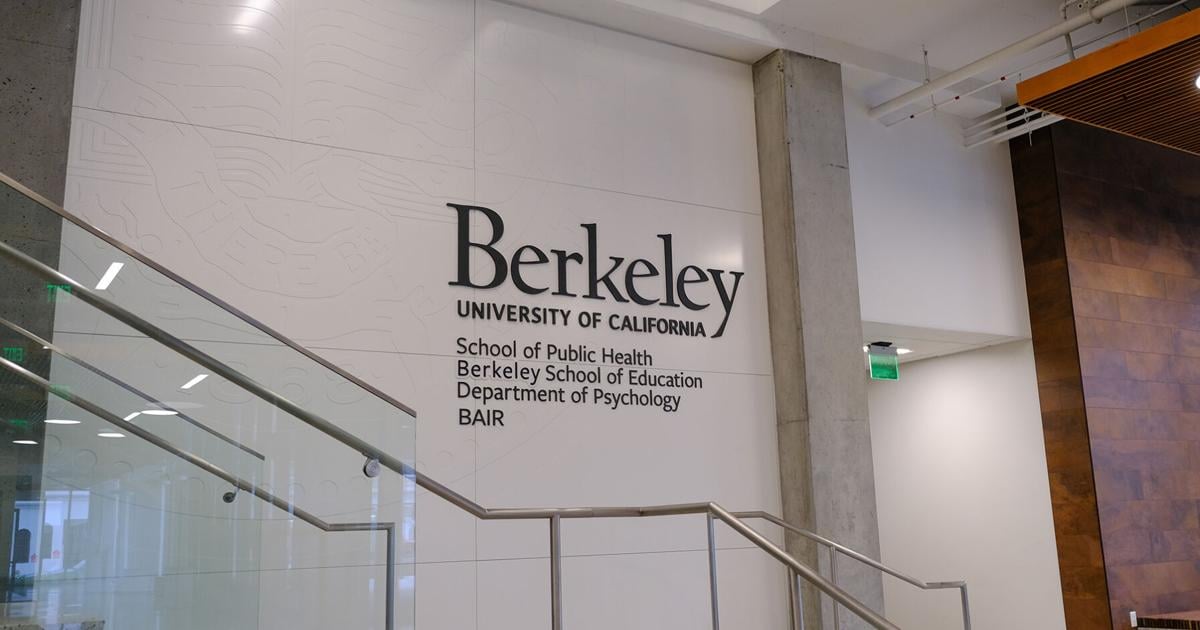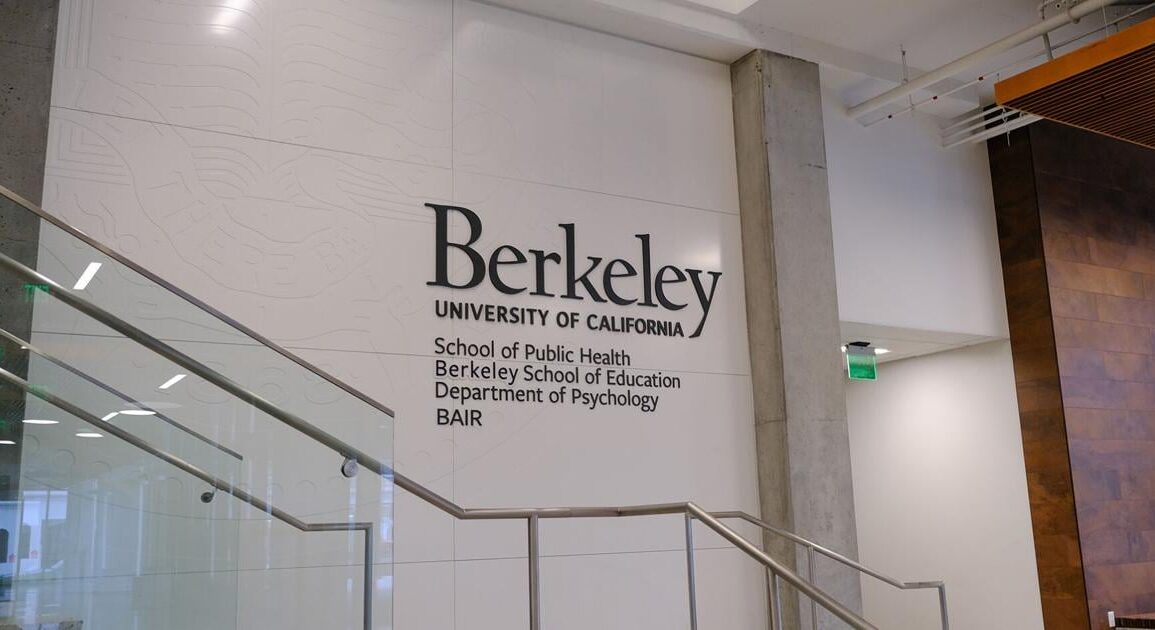
Black Lactation Matters is a project started by two UC Berkeley Public Health students that aims to increase health equity and the breastfeeding rate in the Black community.
Other goals of the project include lowering maternal risk factors that contribute to Black maternal mortality and morbidity rates. Renee Clarke, a NICU nurse and doctoral candidate in public health, and Retundo Ajayi, a full-spectrum doula and master’s candidate in public health,applied and received a grant for the project within campus’s public health department.
“A lot of times there’s a stigma associated with breastfeeding in the Black community,” Clarke said. “I think now it’s being talked about a little bit more with this push towards breastfeeding and so that’s why the project is important — that’s why we focus more on the Black community.”
The project had 10 Black doulas become lactation education counselors by taking a course at UC San Diego Extended Studies. In addition to being medically certified, these doulas received this certificate to aid Black mothers with breastfeeding. The project removed financial barriers so they could take the course.
Clarke and Ajayi partnered with organizations promoting health equity like Doula Doula and Solano HEALs to provide continuous support for Black mothers.
Solano HEALs Director of Community Engagement and Outreach Azalea Menefeenoted that when they start seeing improved rates for low birth weight, prematurity and maternal mortality will be a clear indication of their impact in birth justice and neonatal equity.
“Doula Doula will be the hub for Black moms to have access to doulas,” Ajayi said. “That was our goal — to make sure that it’s not just transactional, but it’s actually relational that goes beyond the events, and the doulas becoming lactation education counselors is something that will continue on.”
The rate of breastfeeding is particularly low in the Black community due to a complex history with slavery, Ajayi noted. Enslaved Black people who served as wet nurses were forced to nurse white children instead of their own, leaving them malnourished and more likely to die.
Black communities have the highest use of infant formula and were disproportionately affected by recalls and shortages of it, according to Ajayi.
“This is my heart project because I’ve been on the other side of just going through giving birth,” Ajayi said. “It’s the most sacred, but also your most vulnerable, state, and the struggle of breastfeeding and not having access and culturally appropriate access … (is difficult in) just dealing with all those barriers. So, it wasn’t the default that was offered to me — and having to advocate for myself that I do not want to have my baby put on formula (was also difficult). I want to breastfeed.”


